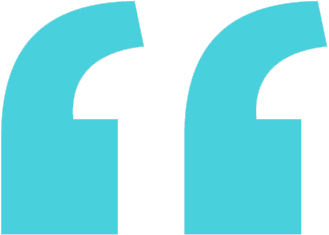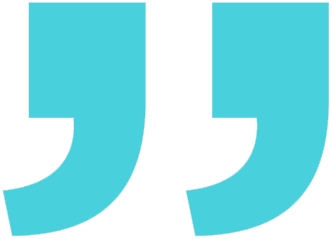Challenge
Since 1995, Rose Community Foundation has supported Jewish life in the seven-county Greater Denver region through values-driven philanthropy. Following a yearlong strategic planning process conducted in 2019, the Foundation refined its mission, vision, and values, and recommitted to a data-informed approach to its philanthropic investments—in its Jewish Life portfolio as well as in the greater community. In particular, the Foundation wanted to use data to help inform quick pivots it might make in its grantmaking.
Approach
The organization engaged Rosov Consulting because of its expertise in tracking and measuring outcomes related to Jewish engagement and building the strength and capacity of Jewish organizations. Rosov Consulting developed a plan that the Foundation and its grantees would be able to implement on their own (or with modest support) in order to measure and evaluate the outcomes of philanthropic investments.
To develop the measurement and evaluation plan, Rosov Consulting spent significant time with the Foundation’s staff to understand the priorities and values that orient their Jewish Life grantmaking. Rosov then worked with staff to translate this approach to demonstrable outcomes in the Jewish Life portfolio, a process that included clarifying existing knowledge and uncovering potential opportunities for growth. This process continued with the development of key performance indicators (KPIs), with an eye on capturing meaningful data provided by both the Foundation and their grantees. The KPIs are critical to enable the organizations to track progress toward desired outcomes.
In previous efforts to develop evaluation plans for grantees, the Foundation learned that if grantees are left out of that process, they can feel that evaluation is something that is done to them—not something that is done with them and for their benefit. To the extent that grantees have buy-in to the evaluation efforts, can include their own learning questions, and can create the measurement with an evaluator, they’re much more inclined to use the data to inform their work. With that in mind, to learn more about the grantee partners directly and to involve them in the process, Rosov Consulting went out into the community to connect with these organizations and to learn how they operate and the type of support they might need. This “evaluability assessment” not only began to bring the grantees into the process, but also helped to crystalize the kind of support—and additional investments—the Foundation might consider for this work to be successful over time. Finally, Rosov Consulting shared with the Foundation staff a detailed measurement and evaluation plan that would enable their learning and help them become more reflective about their practices.
Results
With this project still underway, Rose Community Foundation has a clear and implementable plan for measuring a set of demonstrable outcomes that are based on the Foundation’s three strategic priorities for its Jewish Life philanthropy:
- Increase strength and capacity of Jewish organizations.
- Support programs that are reflective of diverse Jewish communities and offer meaningful and relevant opportunities to engage in Jewish life.
- Support Jewish efforts seeking to advance social justice by engaging Jewish people and using Jewish values and traditions to respond to key social and economic issues of our time.
Another benefit of this process was educating staff and building their knowledge of measurement and evaluation concepts. Foundation staff gained a deeper understanding of the distinction between measurement and tracking of KPIs, which are primarily geared toward measuring philanthropic outcomes at the level of the entire portfolio, and the typically third-party evaluation studies that are designed to assess the success and the outcomes of specific grants.
After Rosov Consulting presented the demonstrable outcomes, the Foundation shared them with two dozen grantees who were not part of the original evaluability assessments. The organizations were asked how the outcomes made them feel, do they align with their current work, would it be significant work for their staff to capture this information, and do these outcomes align with what they know about Rose Community Foundation. The Foundation then brought the response data to Rosov Consulting, which will inform the plan going forward.
The next step is to determine implementation. To that end, Rosov Consulting and Rose Community Foundation have renewed their partnership to put the measurement and evaluation plan into action. Rosov Consulting is providing guidance on what resources the Foundation and the Jewish Life Committee will need to ensure a high quality, ongoing implementation of the plan. Just as important, Rosov Consulting is advising what resources the grantees will need in order to capture this data to serve both the Foundation and their organizations.


